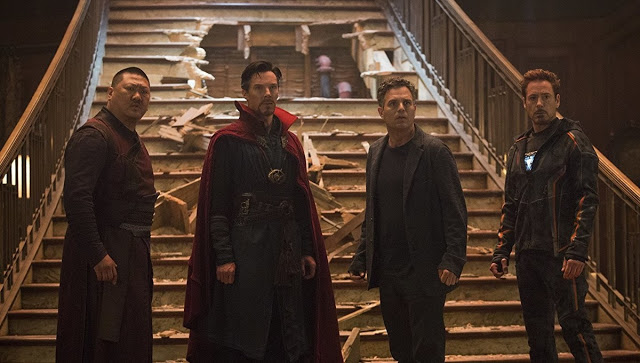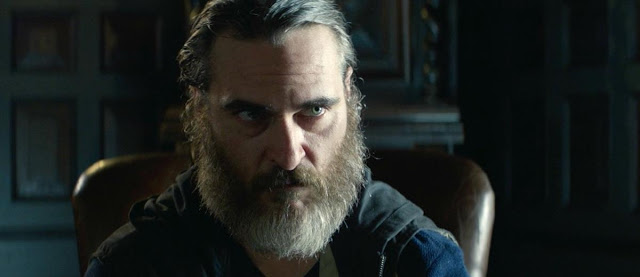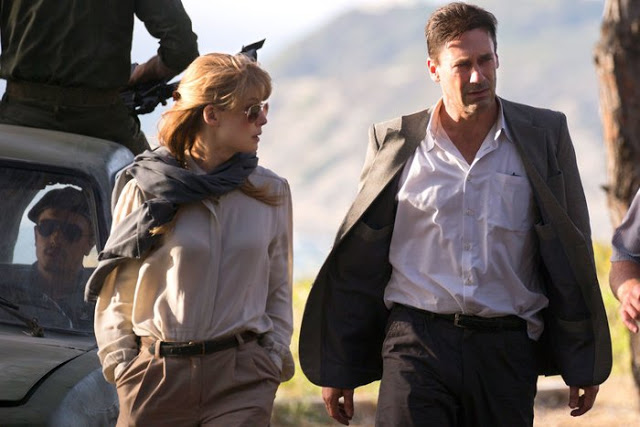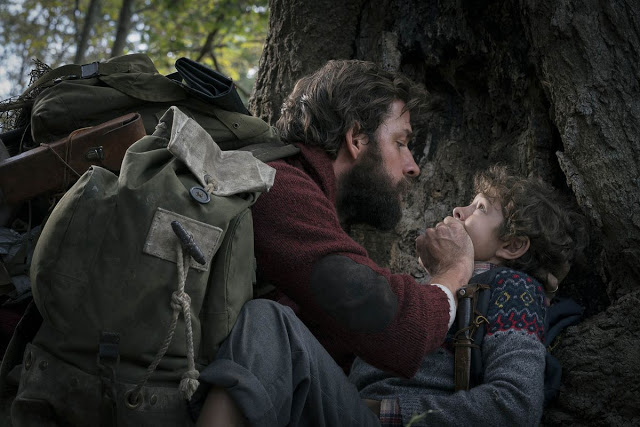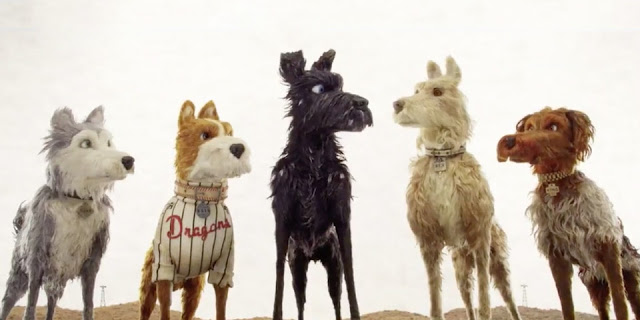Avengers: Infinity War: Everybody Must Get Stones
Vaulting through the interplanetary air, sticky webs shooting from his genetically altered wrists, Spider-Man issues a sincere apology. “I’m sorry,” he says to his plummeting compatriots as he slings gobs of gummy goo at them, yanking them out of their falls and saving them from certain death. “I can’t remember anyone’s names.”
Can you blame him? The nineteenth official installment in the gargantuan compendium known as the Marvel Cinematic Universe, Avengers: Infinity War arrives as the ultimate crossover event, a superhero greatest-hits collection most notable for its sheer tonnage. No fewer than eight major characters here have already headlined their own standalone films, while countless others—all played by recognizable actors—have carved out sizable territory as villains, foils, squeezes, and sidekicks. The closing credits sequence alone feels like a breathless roll call, cramming as many high-profile names above the fold as possible, just so nobody’s agent complains about their client getting the shaft. Read More

